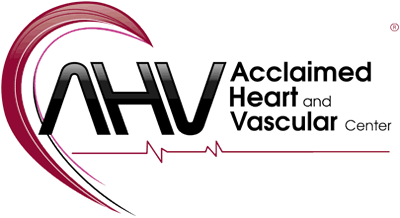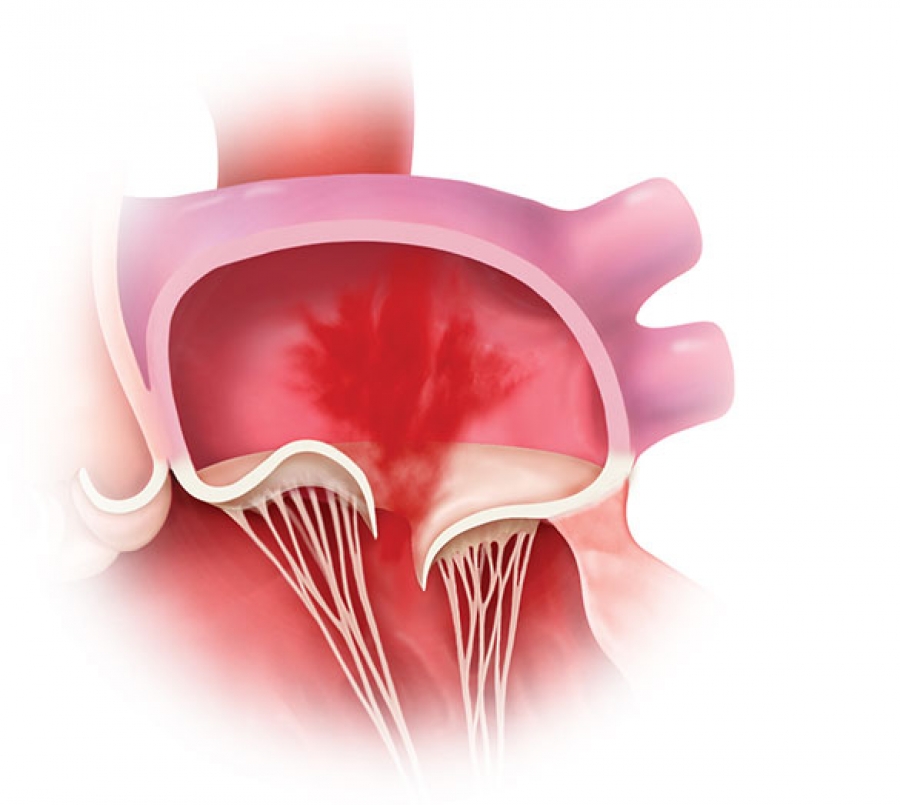Symptoms
Signs and symptoms of mitral valve regurgitation, which depend on its severity and how quickly the condition develops, can include:
- Blood flowing turbulently through your heart (heart murmur)
- Shortness of breath
- Fatigue, especially during times of increased activity
- Heart palpitations — sensations of a rapid, fluttering heartbeat
- Swollen feet or ankles
Risk Factors
Several factors can increase your risk of mitral valve regurgitation, including:
- A history of mitral valve prolapse or mitral valve stenosis; however, having either condition doesn't necessarily mean you'll develop mitral valve regurgitation. A family history of valve disease also can increase risk.
- A heart attack - A heart attack can damage your heart, affecting the function of the mitral valve.
- Heart disease - Certain forms of heart disease, such as coronary artery disease, can lead to mitral valve regurgitation.
- Use of certain medications. People who take drugs containing ergotamine (Cafergot, Migergot) and similar medicines for migraines and those who took pergolide (now off the market) or who take cabergoline have an increased risk of mitral regurgitation. Similar problems were noted with the appetite suppressants fenfluramine and dexfenfluramine, which are no longer sold.
- Infections such as endocarditis or rheumatic fever - Infections or the inflammation they cause can damage the mitral valve.
- Congenital heart disease
- Age - By middle age, many people have some mitral valve regurgitation caused by natural deterioration of the valve.

Acclaimed Heart and Vascular Center
We deliver excellent care with compassion after discussing your health and treatment plan with simplicity.
DISCLAIMER: THIS WEBSITE DOES NOT PROVIDE MEDICAL ADVICE
The information, including but not limited to, text, graphics, images and other material contained on this website are for informational purposes only. The purpose of this website is to promote broad consumer understanding and knowledge of various health topics. It is not intended to be a substitute for professional medical advice, diagnosis or treatment. Always seek the advice of your physician or other qualified health care provider with any questions you may have regarding a medical condition or treatment and before undertaking a new health care regimen, and never disregard professional medical advice or delay in seeking it because of something you have read on this website.

